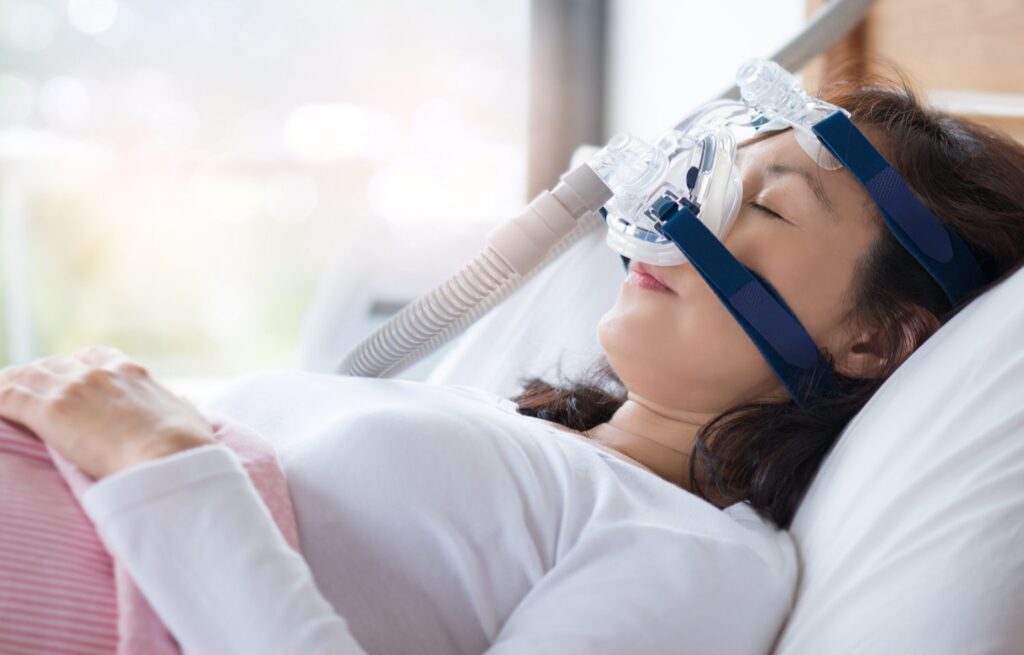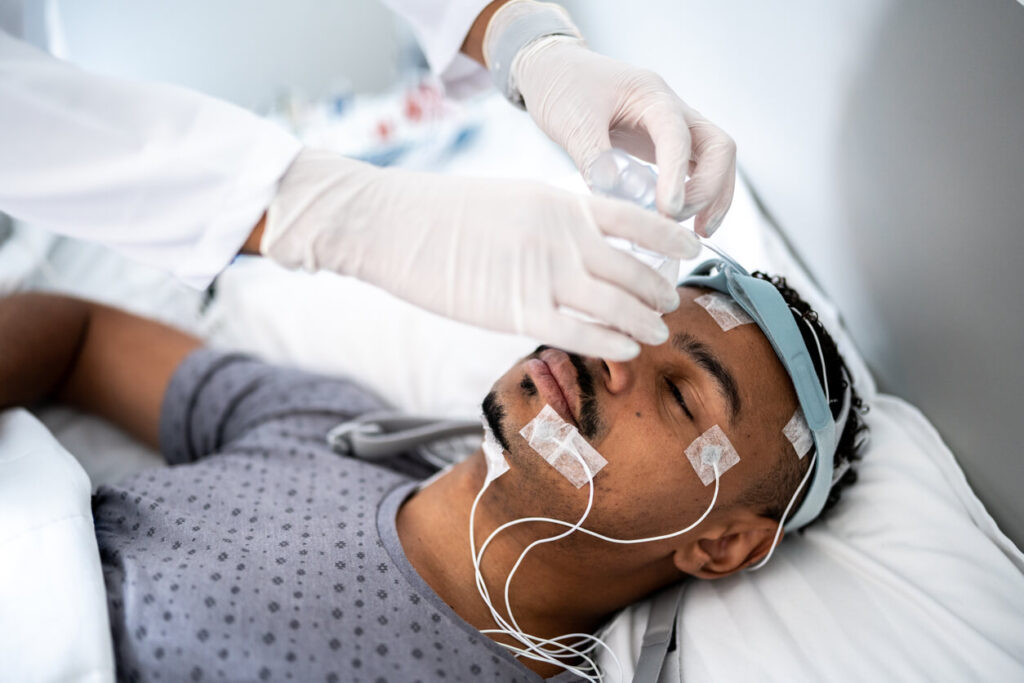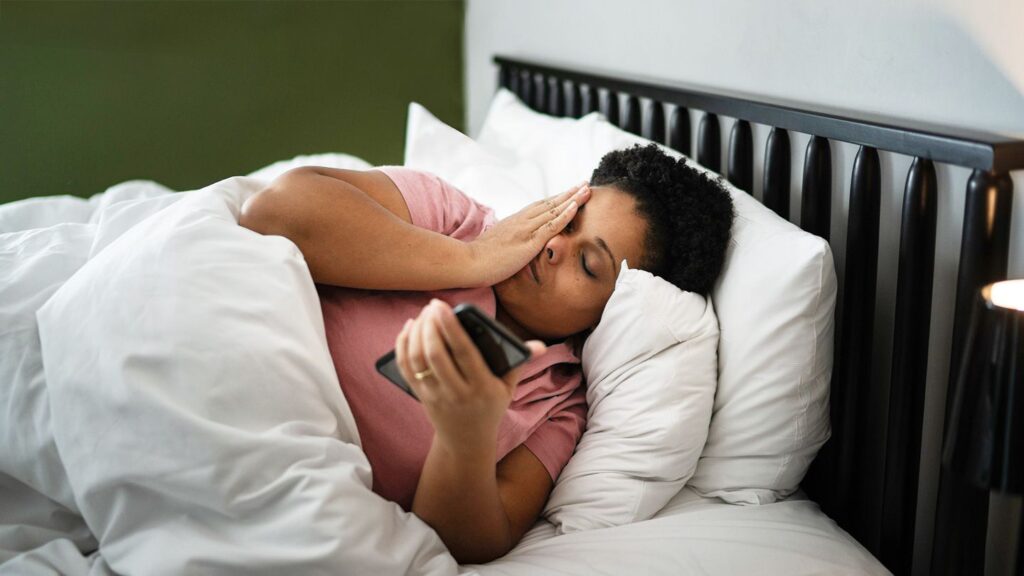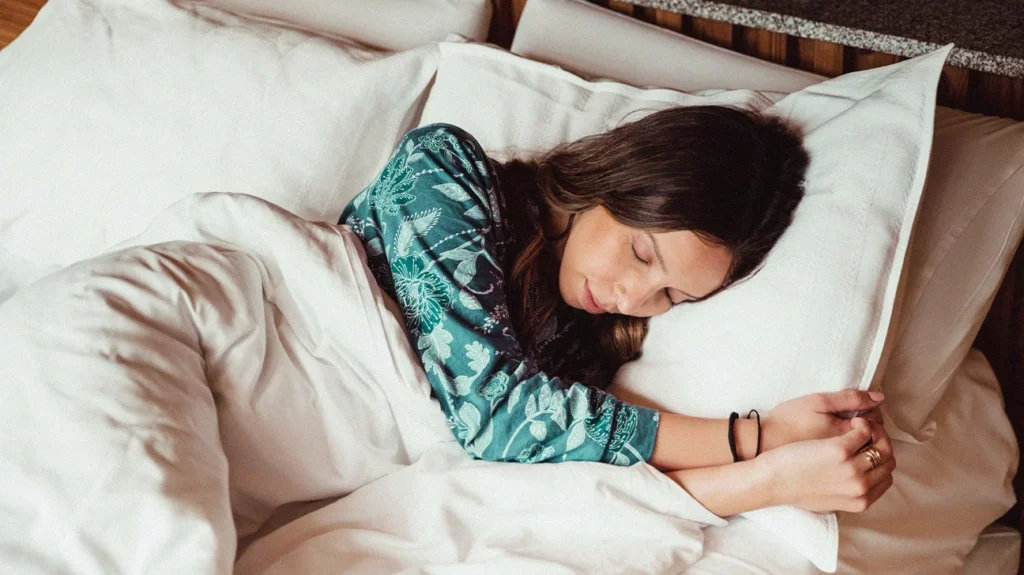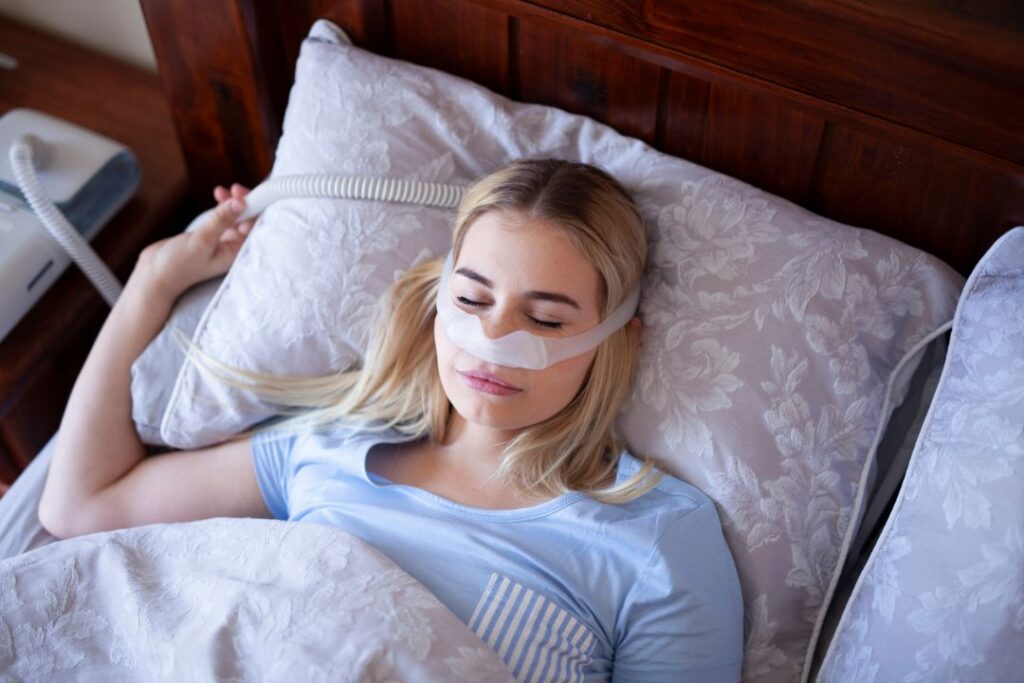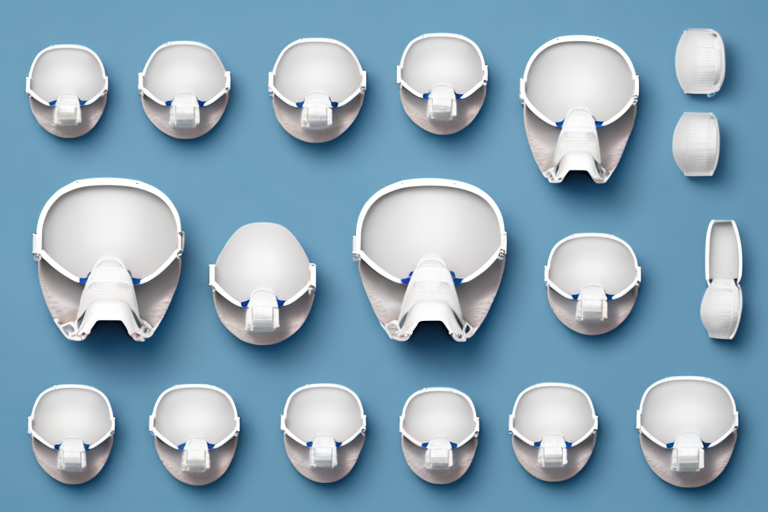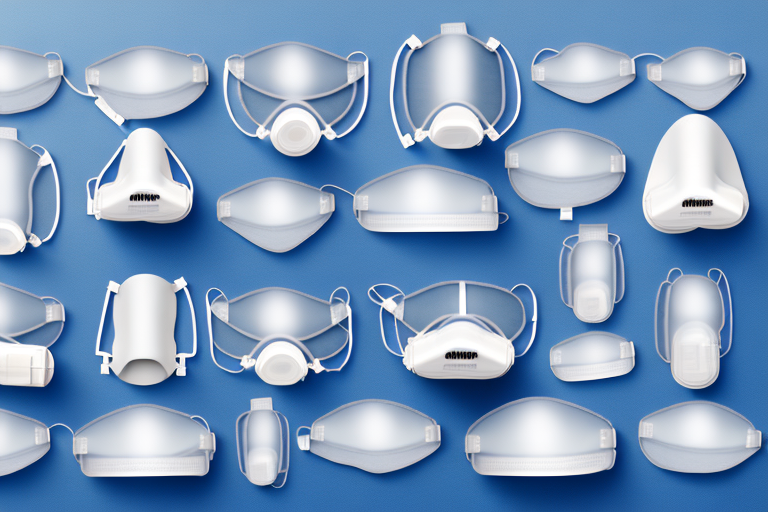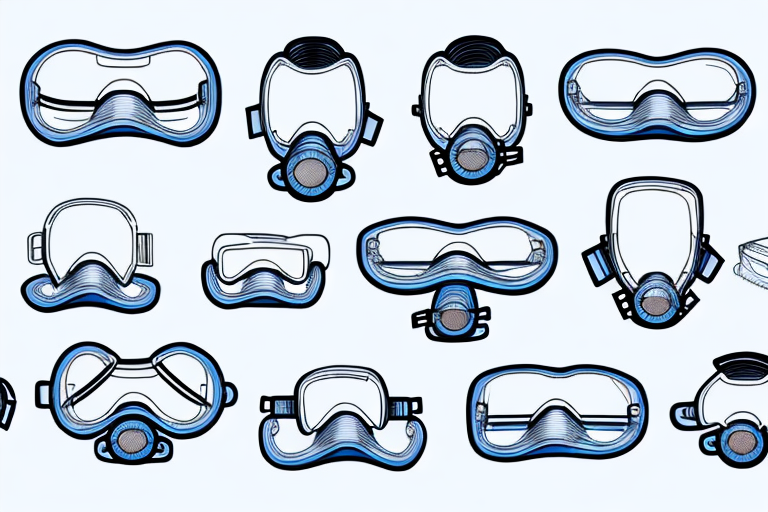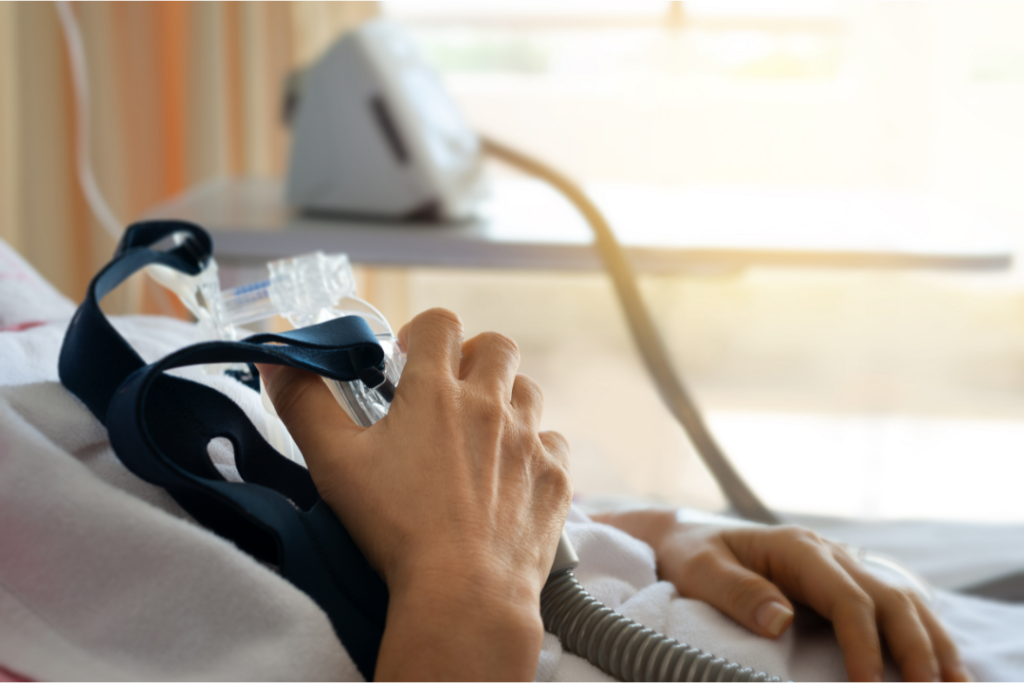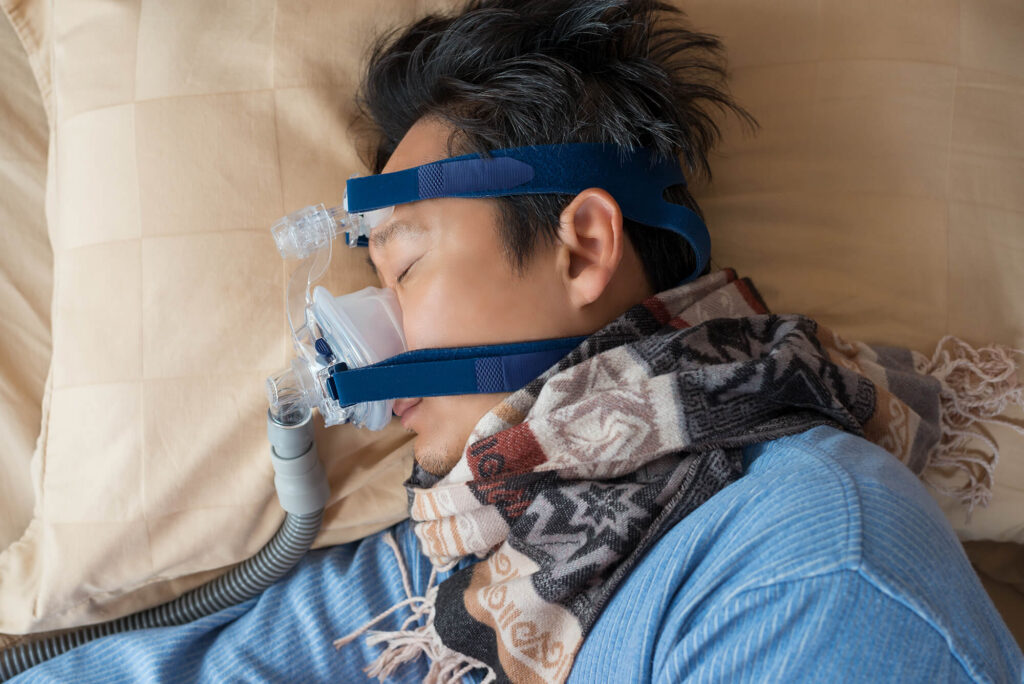Sleep Study Australia: Comprehensive Sleep Assessments Nationwide
If you ever find yourself struggling to get a good night's sleep, you're not alone. Many Australians face difficulties when it comes to achieving quality sleep, which can significantly impact their overall health and well-being. Fortunately, Sleep Study Australia is here to help. With our comprehensive sleep assessments conducted nationwide, we aim to uncover the root causes of your sleep issues and provide tailored solutions. Let's delve deeper into the importance of sleep and the various ways in which our services can enhance your sleep health.
Understanding the Importance of Sleep
When it comes to maintaining a healthy lifestyle, sleep plays a crucial role. It is during sleep that our bodies go into repair mode, allowing our cells to regenerate and our brains to process information from the day. Quality sleep is essential for optimal cognitive function, emotional well-being, and physical rejuvenation. However, inadequate sleep can lead to a range of health problems, including increased risk of chronic conditions such as obesity, diabetes, and cardiovascular diseases.
The Role of Sleep in Overall Health
Did you know that lack of sleep can affect your immune system? Sleep deprivation weakens your body's defenses, making you more susceptible to infections and illnesses. Additionally, poor sleep has been linked to weight gain and an increased appetite, as it disrupts the balance of hormones that regulate hunger and satiety.
Furthermore, sleep plays a vital role in mental health. Insufficient sleep can contribute to feelings of irritability, mood swings, and difficulty concentrating. In extreme cases, chronic sleep deprivation can even lead to cognitive decline and an increased risk of developing mental health disorders such as anxiety and depression.
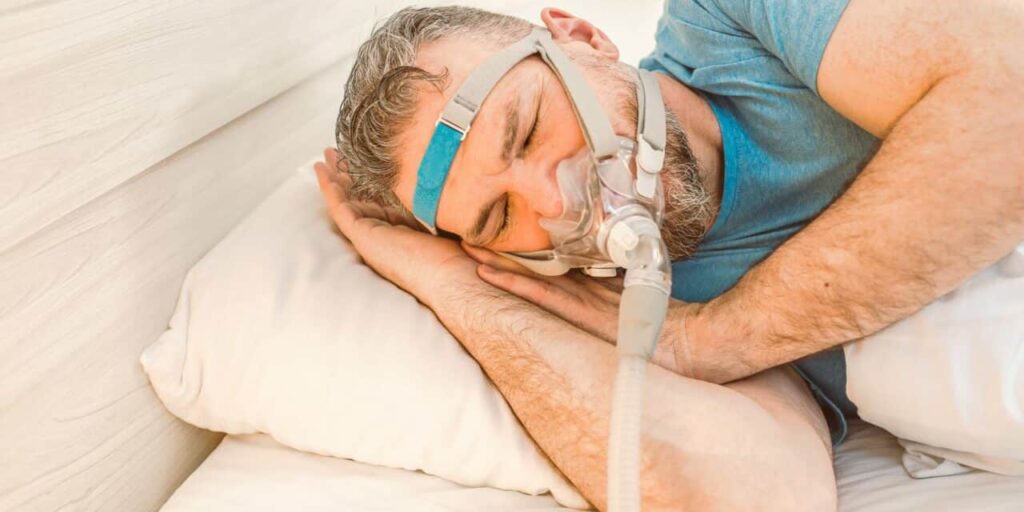
Common Sleep Disorders and Their Impact
There are various sleep disorders that can disrupt our sleep patterns and leave us feeling exhausted and unrefreshed. One such disorder is obstructive sleep apnea (OSA), which involves momentary pauses in breathing during sleep. OSA not only affects the quality of sleep but also increases the risk of cardiovascular problems and stroke.
Other common sleep disorders include insomnia, restless leg syndrome, and narcolepsy. Insomnia is characterized by difficulty falling asleep or staying asleep, while restless leg syndrome causes uncomfortable sensations in the legs, leading to involuntary movements that interrupt sleep. Narcolepsy, on the other hand, is a neurological disorder that causes excessive daytime sleepiness and sudden moments of muscle weakness (cataplexy) triggered by strong emotions. Each of these disorders can have a significant impact on an individual's quality of life. Find more about cataplexy at https://www.ncbi.nlm.nih.gov/books/NBK549782/
It is important to note that sleep disorders can affect people of all ages and can have a profound impact on their overall well-being. For example, children with sleep disorders may experience difficulties in school, including poor academic performance and behavioral problems. In adults, sleep disorders can interfere with work productivity, relationships, and overall quality of life.
Fortunately, there are various treatment options available for sleep disorders. For obstructive sleep apnea, continuous positive airway pressure (CPAP) therapy is commonly used to keep the airways open during sleep. Behavioral therapies, such as cognitive-behavioral therapy for insomnia, can help individuals develop healthy sleep habits and address underlying psychological factors contributing to sleep difficulties. Medications may also be prescribed in certain cases.
In conclusion, sleep is not just a period of rest; it is a fundamental aspect of our overall health and well-being. Understanding the importance of sleep and recognizing the impact of sleep disorders can help individuals prioritize their sleep and seek appropriate treatment when necessary. By taking care of our sleep, we can enhance our physical, mental, and emotional health, leading to a better quality of life.
The Process of Sleep Assessments
With Sleep Study Australia, undergoing a sleep assessment is a straightforward and comprehensive process. Our experienced team of sleep specialists will guide you through each step, ensuring your comfort and understanding along the way.
What to Expect During a Sleep Study
A sleep study, also known as polysomnography, is a non-invasive test conducted overnight to monitor your sleep stages and collect data on various physiological parameters. During the study, you will be comfortably set up in a private room equipped with state-of-the-art monitoring technology. Learn more click here
An array of sensors will measure and record essential information such as brainwave activity, eye movements, heart rate, muscle activity, breathing patterns, and oxygen levels. These measurements allow our experts to identify any abnormalities or disruptions occurring during your sleep.
Throughout the night, our dedicated team of sleep technicians will be monitoring your sleep study remotely, ensuring that you are comfortable and that the data is being collected accurately. They will be available to answer any questions or address any concerns you may have during the study.
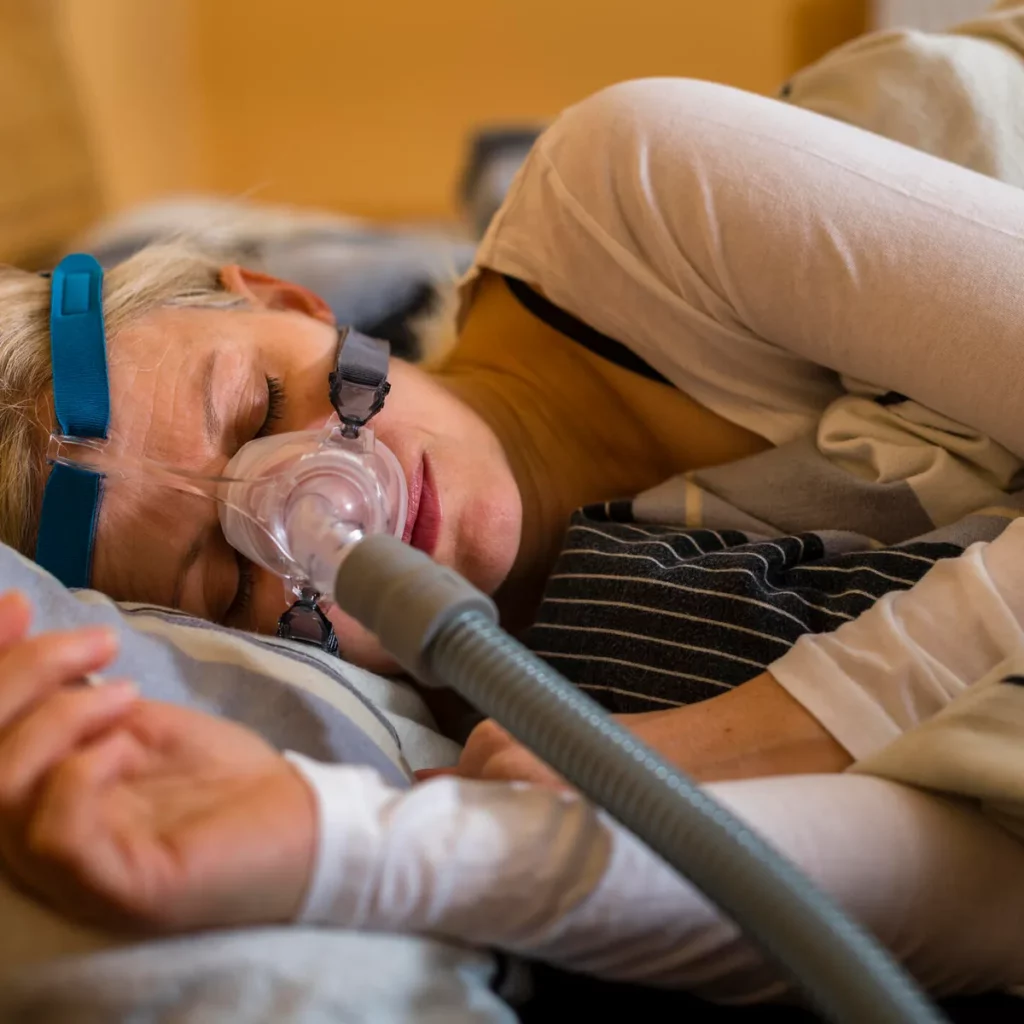
Types of Sleep Assessments
Sleep Study Australia offers a range of sleep assessments tailored to suit different individuals and their specific concerns. Our comprehensive tests include in-laboratory sleep studies and home-based sleep studies, prioritizing convenience and accessibility for our patients.
In-laboratory sleep studies are conducted in our comfortable facilities, allowing for detailed monitoring and evaluation of your sleep patterns. Our rooms are designed to create a relaxing and soothing environment, resembling a comfortable hotel room rather than a clinical setting. We understand the importance of feeling at ease during the study, as it can greatly impact the accuracy of the data collected.
On the other hand, home-based sleep studies utilize portable monitoring devices that you can use in the comfort of your own home. These devices are easy to use and allow you to sleep in your own bed, providing a more natural sleep environment. Our team will provide you with detailed instructions on how to set up the equipment and ensure that you are comfortable throughout the study.
Whether you choose an in-laboratory sleep study or a home-based sleep study, our team of sleep specialists will carefully analyze the data collected and provide you with a comprehensive report. This report will include an evaluation of your sleep patterns, any abnormalities detected, and recommendations for further treatment or management.
Nationwide Coverage of Sleep Study Australia
One of the key advantages of choosing Sleep Study Australia is our extensive coverage across the nation. Our services are readily accessible to individuals in both urban and regional areas, ensuring that anyone in need of assistance can obtain accurate and reliable sleep assessments.
When it comes to ensuring quality sleep health, accessibility is crucial. That's why Sleep Study Australia has strategically positioned multiple sleep clinics in various cities and regional centers across the country. This thoughtful placement of our clinics aims to eliminate the common barriers that often hinder individuals from seeking professional help for their sleep issues.
Our Reach and Accessibility
With multiple sleep clinics strategically located in cities and regional centers, we strive to eliminate the barriers that often prevent individuals from seeking professional help. Our network of clinics spans across Australia, making it easy for you to access the necessary sleep assessments wherever you may be.
Moreover, our commitment to accessibility goes beyond just physical locations. We understand that convenience plays a significant role in seeking help for sleep disorders. As a result, we have also integrated telemedicine services into our practice, allowing individuals to receive virtual consultations and follow-ups from the comfort of their own homes, further expanding our reach and accessibility.
Services Offered Across the Country
At each of our sleep clinics, we offer a comprehensive range of sleep assessment services to cater to the diverse needs of our patients. From initial consultations to follow-up appointments, our dedicated team of sleep specialists is committed to delivering personalized care and support at every stage of your journey towards better sleep health.
Our services extend beyond just diagnostic assessments. We provide tailored treatment plans, continuous monitoring, and ongoing support to ensure that each patient receives the individualized care they deserve. By offering a holistic approach to sleep health, Sleep Study Australia aims to not only diagnose sleep disorders but also empower individuals to take control of their sleep and overall well-being.
Interpreting Your Sleep Study Results
Once your sleep study is complete, our expert sleep specialists will carefully analyze the collected data to generate a detailed report. This report will provide valuable insights into the quality and efficiency of your sleep, helping identify any underlying sleep disorders or issues that may be affecting your well-being.
Our team of dedicated professionals understands the importance of a good night's sleep and the impact it has on your overall health. By delving deep into the data gathered during your sleep study, we can uncover patterns and anomalies that may be affecting your sleep quality. This thorough analysis allows us to provide you with personalized recommendations and strategies to improve your sleep and enhance your well-being.
Understanding Sleep Study Reports
Our sleep study reports are designed to be informative and user-friendly. They will break down the data collected during your assessment, providing explanations of key metrics and highlighting any areas of concern. Your sleep specialist will work closely with you to ensure that you fully understand the contents of the report and can make informed decisions about your sleep health.
At Sleep Study Australia, we believe in empowering our patients with knowledge about their sleep patterns and habits. By demystifying the complexities of sleep study reports, we aim to equip you with the understanding needed to take control of your sleep health. Our team is dedicated to guiding you through the results, answering any questions you may have, and collaborating with you to create a plan for better sleep.
Next Steps After Your Assessment
Beyond the sleep study itself, Sleep Study Australia offers ongoing support and resources to help you improve your sleep health. Based on the results of your assessment and discussions with your sleep specialist, we will develop a tailored sleep improvement plan that addresses your unique needs and concerns. Our comprehensive approach focuses not only on addressing sleep disorders but also on promoting healthy sleep habits and enhancing overall well-being.
Our commitment to your well-being extends beyond the initial assessment, as we provide continuous support to help you implement the recommended changes and track your progress. By partnering with Sleep Study Australia, you are embarking on a journey towards better sleep and improved quality of life. Let us guide you towards a restful and rejuvenating night's sleep.
Improving Sleep Health with Sleep Study Australia
At Sleep Study Australia, our mission is to empower individuals to achieve optimal sleep health. We understand the detrimental effects of inadequate sleep and aim to provide comprehensive sleep assessments, tailored treatment plans, and ongoing support to help you achieve restful nights and energized days.
Tailored Sleep Improvement Plans
Our sleep improvement plans are customized to address your specific sleep issues and goals. Whether you require treatment for sleep apnea, insomnia management strategies, or advice on creating a sleep-friendly environment, our sleep specialists will work closely with you to develop a plan that meets your unique needs.
Ongoing Support and Resources
Quality sleep is an ongoing journey, and Sleep Study Australia is here to support you every step of the way. We offer access to a variety of educational resources, self-help tools, and support groups to ensure that you have the knowledge and assistance you need to maintain healthy sleep habits in the long run.
Remember, achieving restful and restorative sleep is within your grasp. With Sleep Study Australia's comprehensive sleep assessments and personalized care, you can take control of your sleep health and wake up refreshed and revitalized each day.

